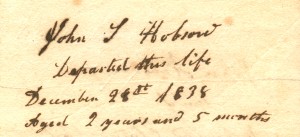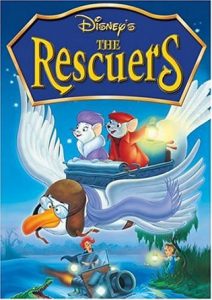I always like to see what my readers responded to in the past year. I found a mixed bag this year, from writing-related posts, to personal celebrations, to the on-going drama of my daughter’s fish tank. In case you missed any, here are the 10 most popular posts of 2019:
10. A Successful, Grateful Book Launch for The Witch of Zal
8. Three Benefits of Reading to Older Children
7. Revision Difficulty? Maybe It’s Your Theme
6. The Fish Saga Continues: RIP Gem
4. Considering a Social Media Break
3. On Being a Low-Energy Person in a High-Energy World
2. Book Fair Magic: Casting a Reading Spell
And my number one post of 2019:
1. Speak Up: Democracy is Not a Spectator Sport
I hope you all enjoyed this look back at 2019! May your holiday season be happy and safe, and I will see you all back here in 2020!




Revision Difficulty? Maybe it’s your theme
I’ve been trying to revise Vertias for a long while now. I’m struggling with it, which is unusual for me. I normally love revision. So what’s the problem this time?
My first thought is perhaps I subconsciously don’t want to make the suggested revisions. This idea has merit, since none of us like to hear that our work is not quite up to par. However, I can see the value of most of the suggestions, and the changes I have already made have strengthened the story.
That should have been enough to get me excited, but it hasn’t. I still find myself procrastinating. Avoiding. Making excuses.
Truthfully, I’ve found it hard to get excited about anything writing related for a while. The burnout is real, and could also be why I’m struggling. But I don’t think it is—or at least isn’t the whole answer. Because when I get past the procrastination and into the work, it feels good.
Then I read K.M. Weiland’s post about plot and theme. And I got to thinking that perhaps in the almost 2 years since I first finished it, the theme had shifted. Now the plot and theme might not be working together seamlessly, and that’s why the revision is hard.
A lot has happened since I first wrote Veritas. Trump became president. My husband was away for nearly 10 months. The world has changed. I have changed. I am not who I was when I wrote that book…and maybe now I’m trying to say something different.
Every story has multiple themes, as evidenced by how many different ways readers interpret the same story’s meaning. The theme that I am working with now was in the original, but was a sub theme. Now it wants to take center stage.
If I let it, the revisions will be deeper and wider than expected. They will be more difficult. But maybe they will also finally be exciting again—a challenge to be conquered rather than a chore to be avoided.
Have you ever had a theme change in mid-stream? Or a life change that makes you see your book in a whole new way?